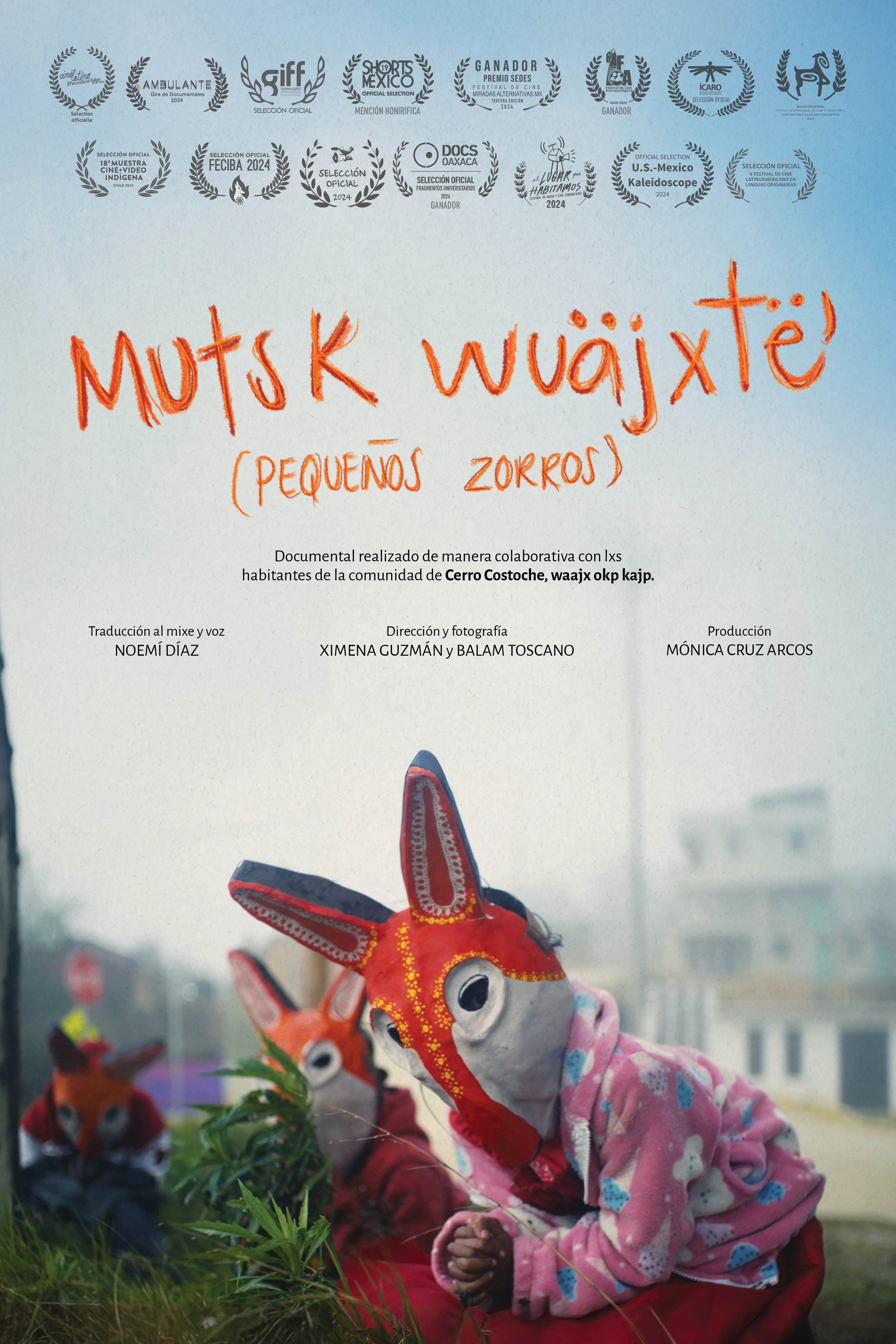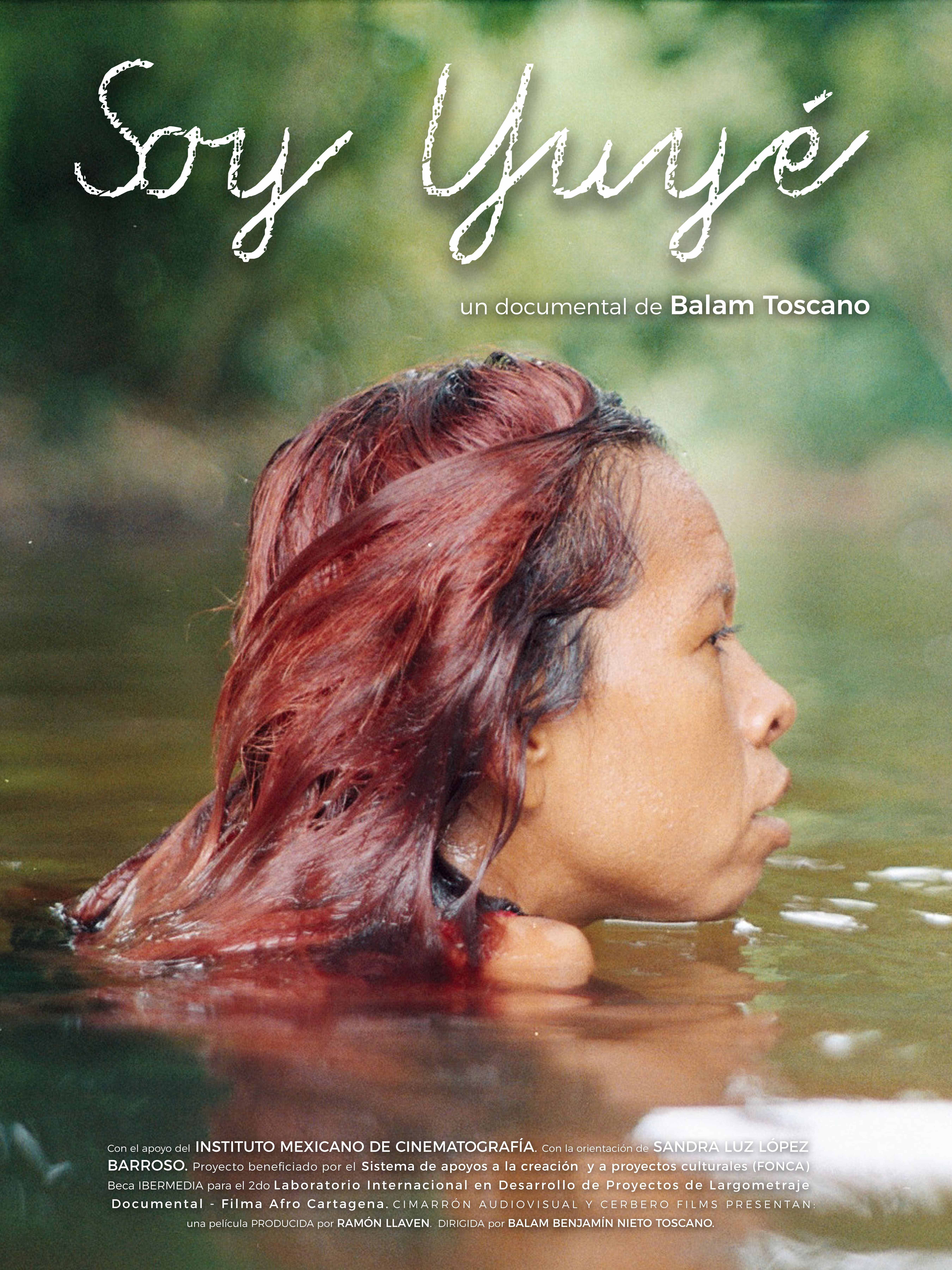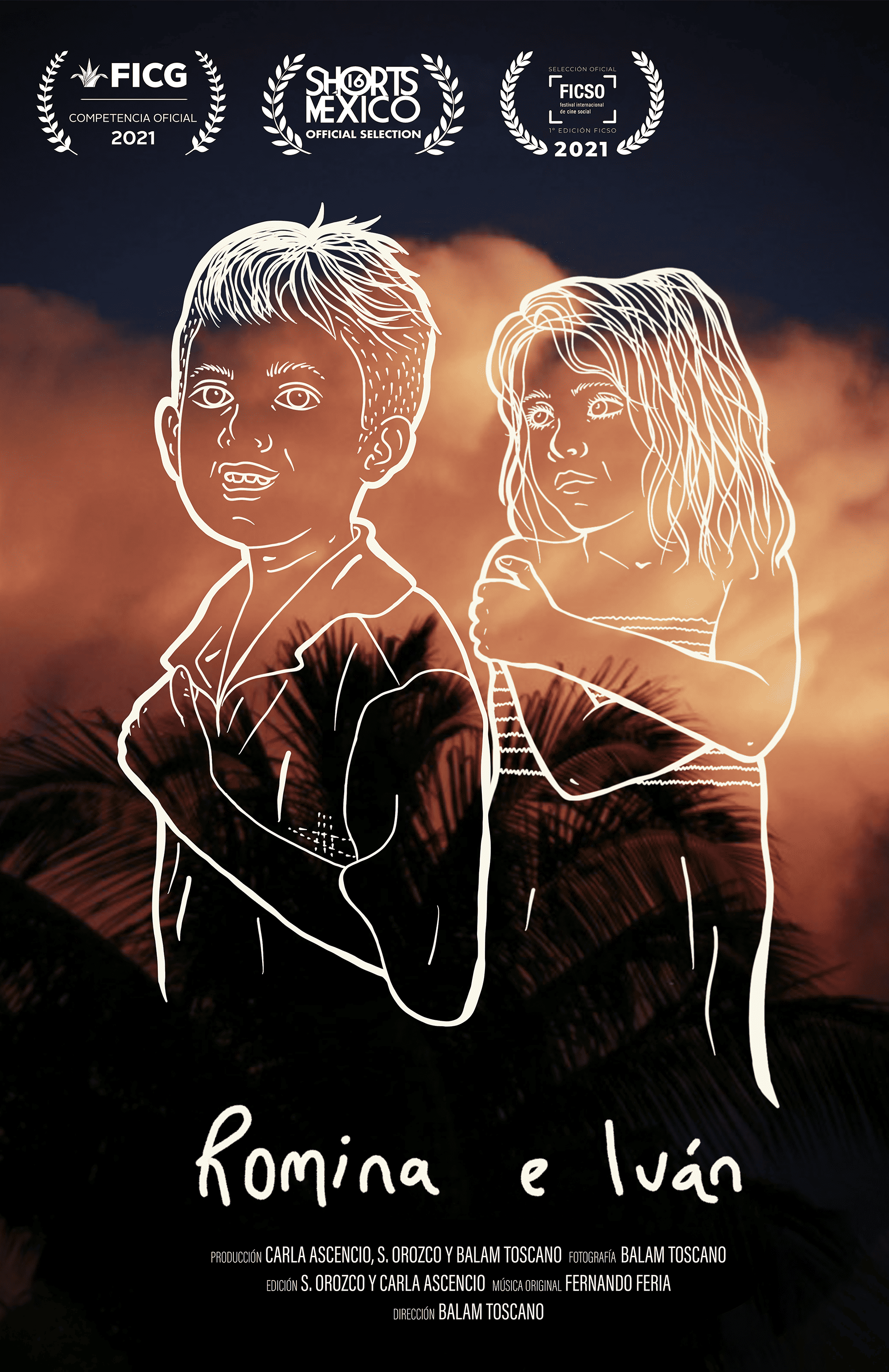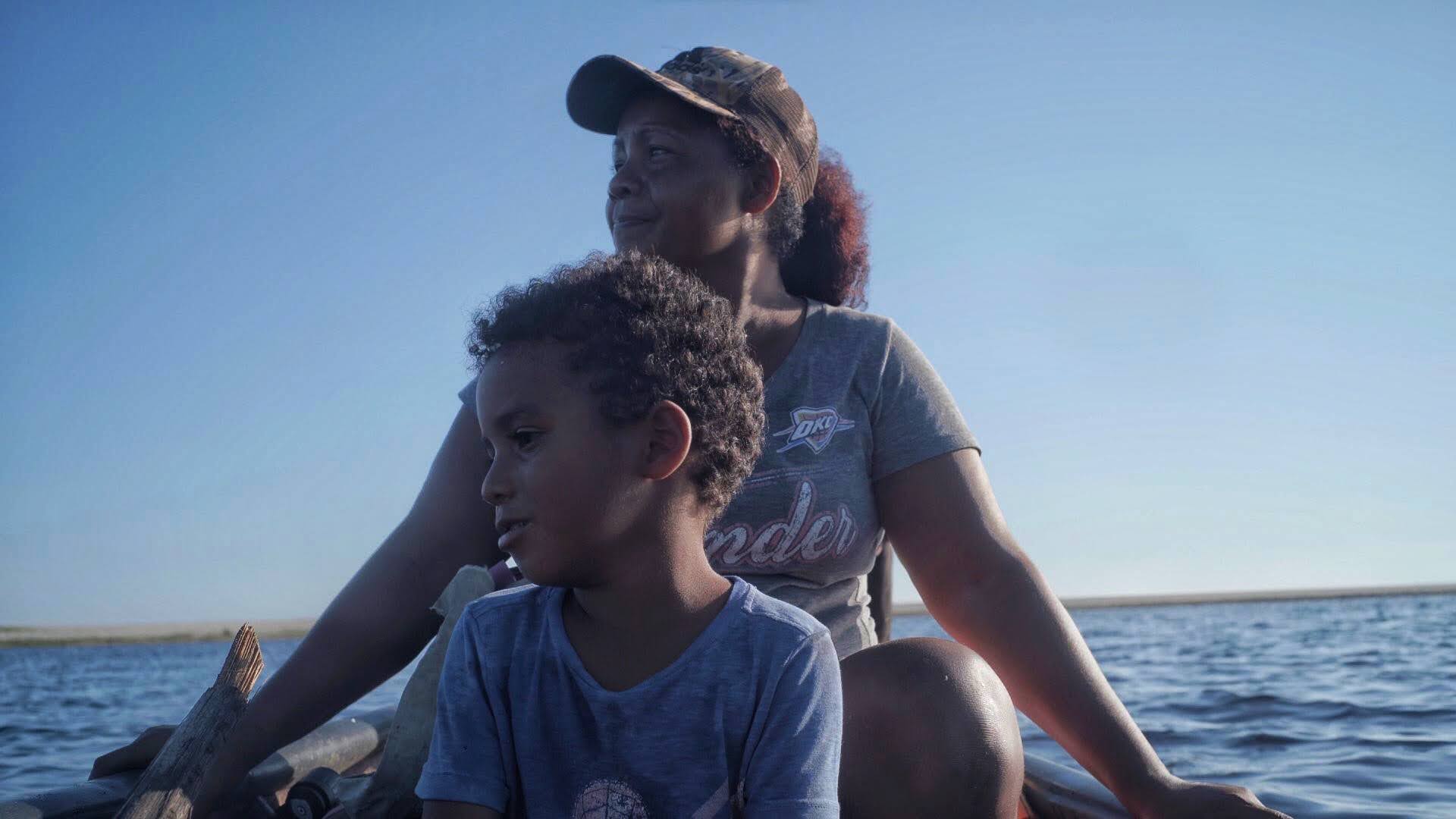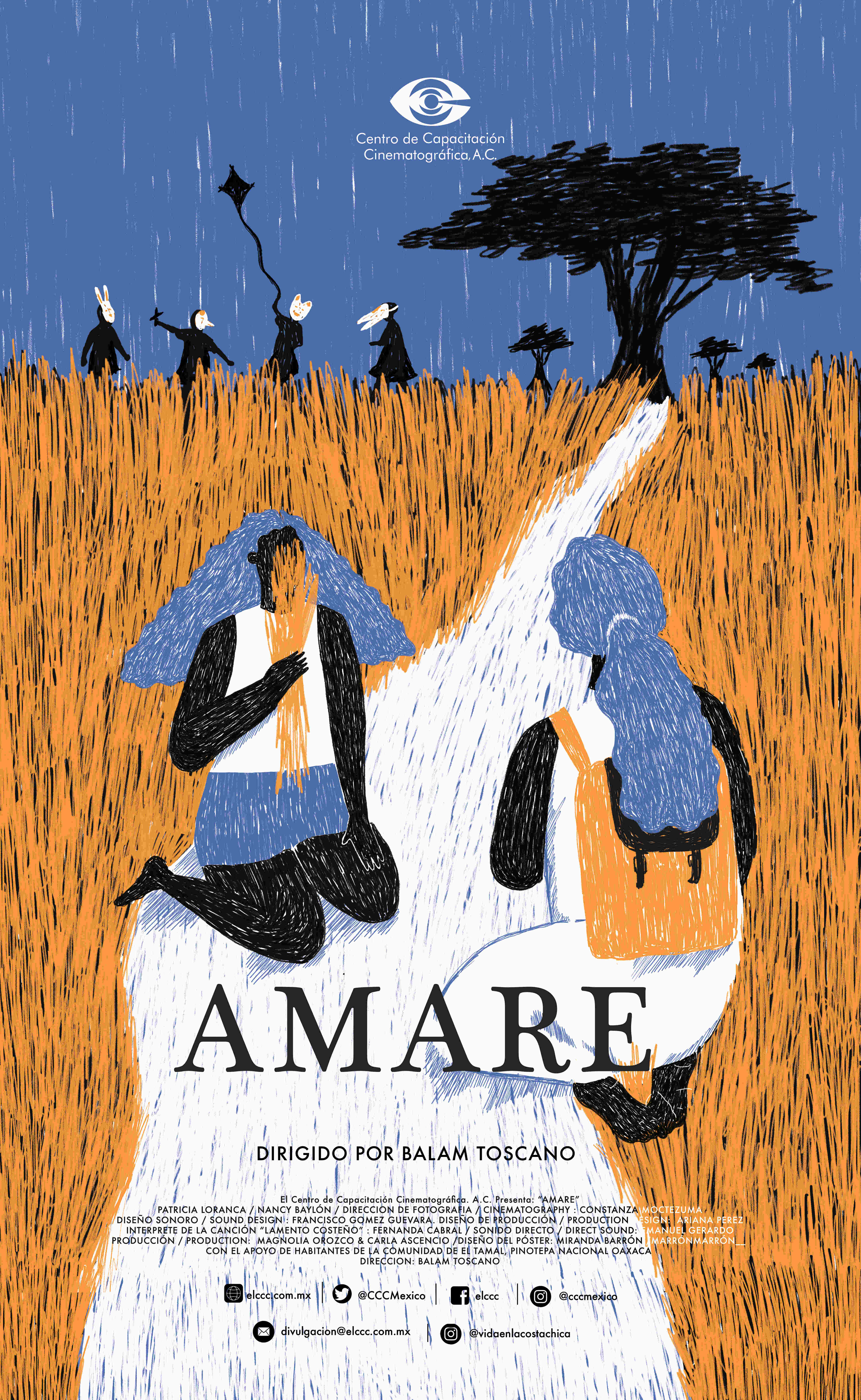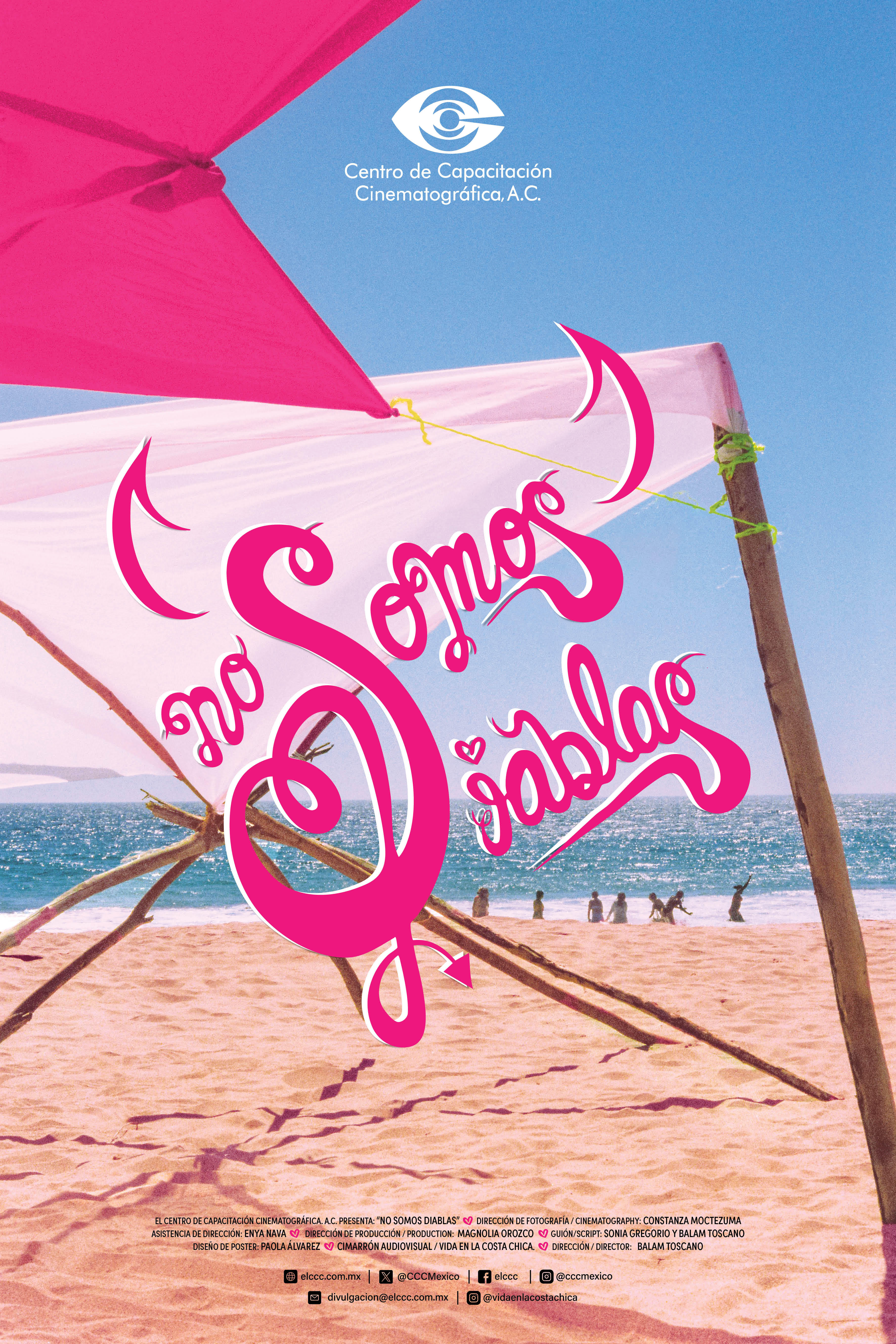Back to directory
BALAM TOSCANO
- Location:
- Mexico
- Languages:
- English, Spanish
- Issues:
- Education, Racial Injustice, Refugee Crisis and Immigration, Women and Girls, Gender violence , Human Rights
- Expertise:
- Educational materials, Mentorship, Training
- Cultural/racial identity:
- Afro-descendant
- Self identification:
- Cisgénero
Bio
Filmmaker, producer, photographer, and educator.
Afro-descendant filmmaker from the coastal region of Oaxaca. He holds a Bachelor's degree in Cinematography with a specialization in Directing from the Centro de Capacitación Cinematográfica (CCC), and was part of the fourth generation of Ambulante Más Allá, a documentary filmmaking training program. His work focuses on documenting life in the Costa Chica and other regions of Oaxaca, collaborating closely with the Centro Cultural El Cimarrón.
In 2025, his short documentary Mutsk Wuäjxtë’ (Pequeños zorros) was nominated for the Ariel Award by the Mexican Academy of Cinematic Arts and Sciences. The film also received the Venado de Plata at the INAH Anthropological Film Festival, an Honorable Mention at Shorts Mx, and won in the “Oaxacan Fragments” section of the Docx Oaxaca Festival.
In 2024, he directed the short fiction film Amare, shot on 35mm, which was selected for the Guanajuato International Film Festival and the Morelia International Film Festival.
As a cinematographer, he has worked on projects such as Afromexpats (2023), directed by Ebony Bailey; Yo Aceitera (2024), directed by Diana Pinacho, where he also served as editor; and Romina e Iván (2021). He also participated in the short documentary Caricia (2016), directed by David Bernal, and the short fiction film El mar en el que no sé nada (2020), directed by Luis Farjeat, Atherion.
He has taught at the film school Altrafílmica, as well as in the audiovisual training program led by director María Inés Roqué and supported by National Geographic Society, and at the Ambulante Film Festival.
He has been a recipient of the ECAMC (Audiovisual Creation Grant for Indigenous and Afro-descendant Communities in Mexico and Central America) and the FONCA (National Fund for Culture and the Arts). He participated as a producer at the Berlin International Film Festival (Berlinale 2023) in the Diversity & Inclusion program of the European Film Market, and in the Project Development Lab for Indigenous and Afro-descendant Filmmakers in Latin America at the Morelia International Film Festival (2024).
He has been selected three times for Plataforma MX at the DocsMX Festival with the projects Soy Yuyé (2018), Cimarrones (2022), and El lugar donde viven los zorros (2023). In 2020, he received the Artistic Development Award and the Tukuri Films Award at the Filma Afro International Festival in Colombia.
Project stills
